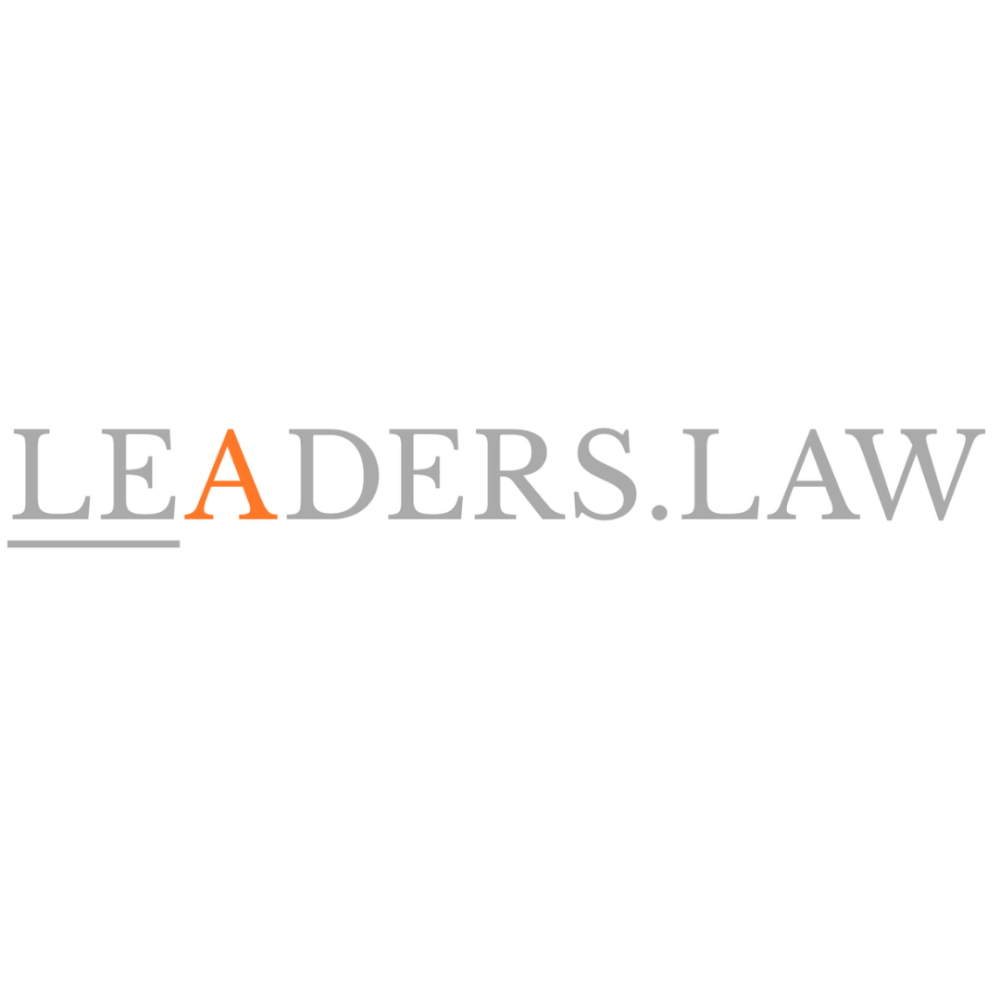
New competitive register from 2021
At the beginning of 2021, the new competition register at the Federal Cartel Office is to go as a “live” register authority. As an electronic database, it should offer a central body for clients in award procedures across Germany. On the basis of the information provided in the competition register, it must be examined whether the process must or can be excluded from the proceedings. Among other things, the competition register replaces the tasks of the commercial central register.
The legal basis of the competitive register is the Competition Register Act (WREGG), which came into force in 2017. The competitive Register Act is to be specified by the Competition Register Ordinance (WREGVO), which was published as a draft on November 16, 2020 on November 16, 2020.
According to this, it is mainly crucial for companies which information is included in the register for the reasons for exclusion in accordance with §§ 123, 124 GWB and how long they are stored.
What is recorded in the competition register?
A wide range of economic criminal laws, which are finally listed in § 2 WREGG IVM § 123 GWB, is mandatory in the competition register. This includes legally binding penalty judgments and commands, among other things, for money laundering, fraud, subsidy fraud, bribery and bribery, granting benefits, tax evasion, but also due to competitive agreements in the case of tenders.
It is also particularly far -reaching that antitrust laws of fines lead to an entry regardless of their inventory. This does not matter the last judicial decision for entry in the competition register. Accordingly, unlawful antitrust fine decisions, which may not be (partially) lifted (partially) by judicial reviews, can be entered in the competition register until years later.
Who has access to the entries in the competition register? Who can and who has to take access?
The competition register is generally not publicly visible. The obligation or authority to query the entries is regulated in § 6 WREGG: According to this, public clients (in accordance with Section 99 GWB) are obliged to request the entries of the competitive register with an estimated order volume of over EUR 30,000 (without VAT), at least with regard to the company that should be awarded the contract. There is a comparable obligation to query for sectors (§ 100 GWB) and concession provider (§ 101 GWB), provided that the threshold values of § 106 GB are reached. In addition, § 6 WREGG opens up a voluntary quantity option for the named clients, even below the value limits.
It is also to be expected that the clients are increasingly queried in the non -public procurement procedure and in other larger private sector tenders by the clients, in which the companies involved in the tender also have to submit a current extract from the competition register with their documents. The Bundeskartellamt indicated that such a practice appears possible. According to Section 5 (2) WREGG, there is a right to self -disclosure by the companies themselves, so that they can check their entry (for a fee of 20 euros).
In order to protect the confidentiality of the register entries, according to the WREGVO design for a query in the competition register, the prerequisite should be the case that the client uses beforehand and uses certain electronic data transfer standards. In addition to the specific corporate information (company, legal form, postal address as well as the registry, register, registration number, registration number and sales tax identification number), a short description of the underlying award procedure and a site of the official announcement should also be stated in order to identify the requested company.
How long are the entries in the competition register saved?
For offenses that represent a mandatory exclusion of exclusion (§ 123 GWB), an entry in the competition register is generally deleted after five years; after three years in offenses that can be the subject of an optional exclusion of exclusion (§ 124 GWB). The deletion period ends for crimes according to § 2 Paragraph 1 No. 1 lit. a, c and d WREGG at the latest after five years from the day of the legal force of the underlying decision. In the case of entries according to Section 2 (2) WREGG, the deletion will be deleted after three years from the decree of the fine. Incidentally - and this also applies to antitrust laws' decisions - the entries will be deleted at the latest after three years from the day, on which the decision has become inconceivable. If there are several entries due to misconduct, the expiry of the longer period for deletion is decisive.
Previous deletion is possible with self -cleaning
Instead of waiting for a deletion from the deadline, companies have the option of achieving a deletion from the deadline by having a so -called self -cleaning. This is possible if the company concerned proves in an application via an electronic standard form that it is actively cooperating with the investigative authorities, provides compensation or has committed itself to the future and has taken concrete technical, organizational and personnel measures to prevent future incorrect behavior. To prove the corresponding requirements, it is advisable to have a legal assessment of the self -cleaning measures, the results of which can be added to the application. After the WREGVO draft published on November 16, 2020, the register authority can even demand that a "suitable expert opinion on the evaluation of the self-cleaning measures" are presented. The appraiser must be "expert and independent". In the event of a rejection of the extinguishing request, the decision at the Higher Regional Court can be lodged.
In the practical implementation, the individual requirements of self-cleaning also raise various questions, even taking into account the WREGVO design. Against this background, it must be checked in individual cases whether, when and under what conditions self -cleaning is actually appropriate for the respective company. The guidelines of the Federal Cartel Office provided for in Section 8 (5) WRG are to be expected with great interest.
Effects of the competition register: an initial assessment
With a view to the legal requirements, the draft of the WREGVO and the previous announcements by the Federal Cartel Office, it can be noted that an entry in the newly introduced competitive register, which are mainly active for public clients, can lead to the edge of existence. Especially in such cases, the possibility of self -cleaning according to § 125 GWB focuses on. How the decision practice is designed with the exact requirements will be shown. In addition, the question of self -cleaning also has far -reaching effects on strategic defense in a fine procedure, in particular when it comes to the question of whether the bonus regulation of the Federal Cartel Office should be used.

